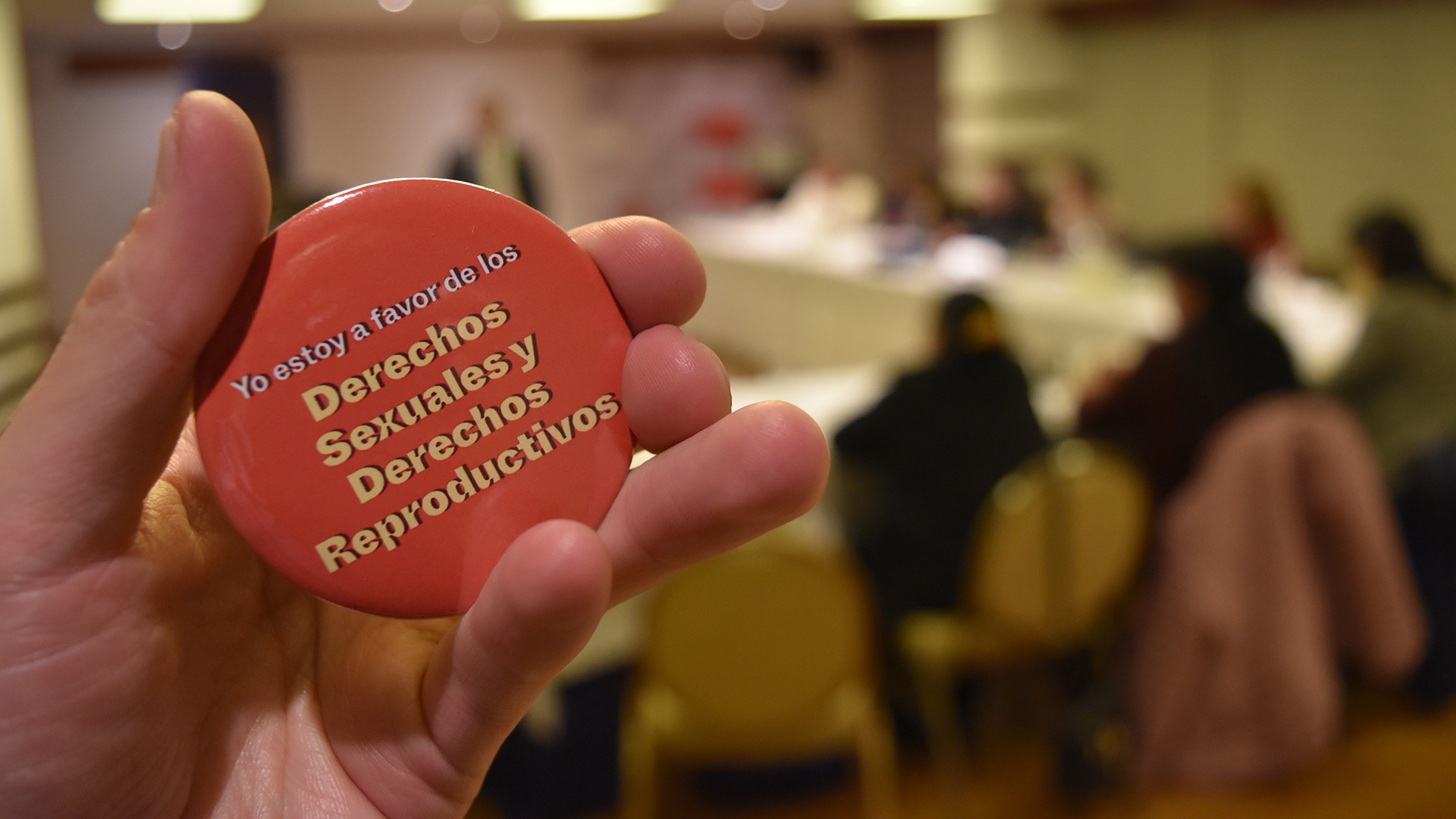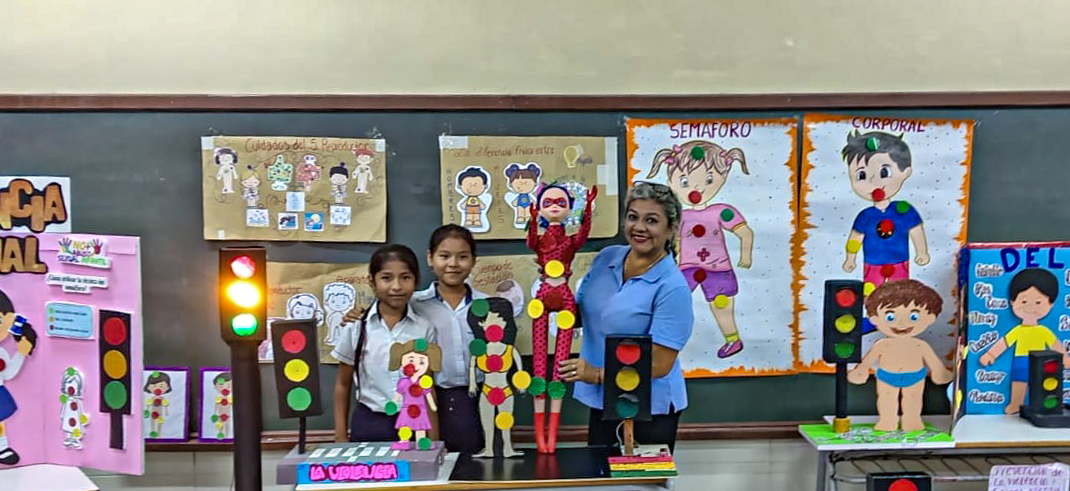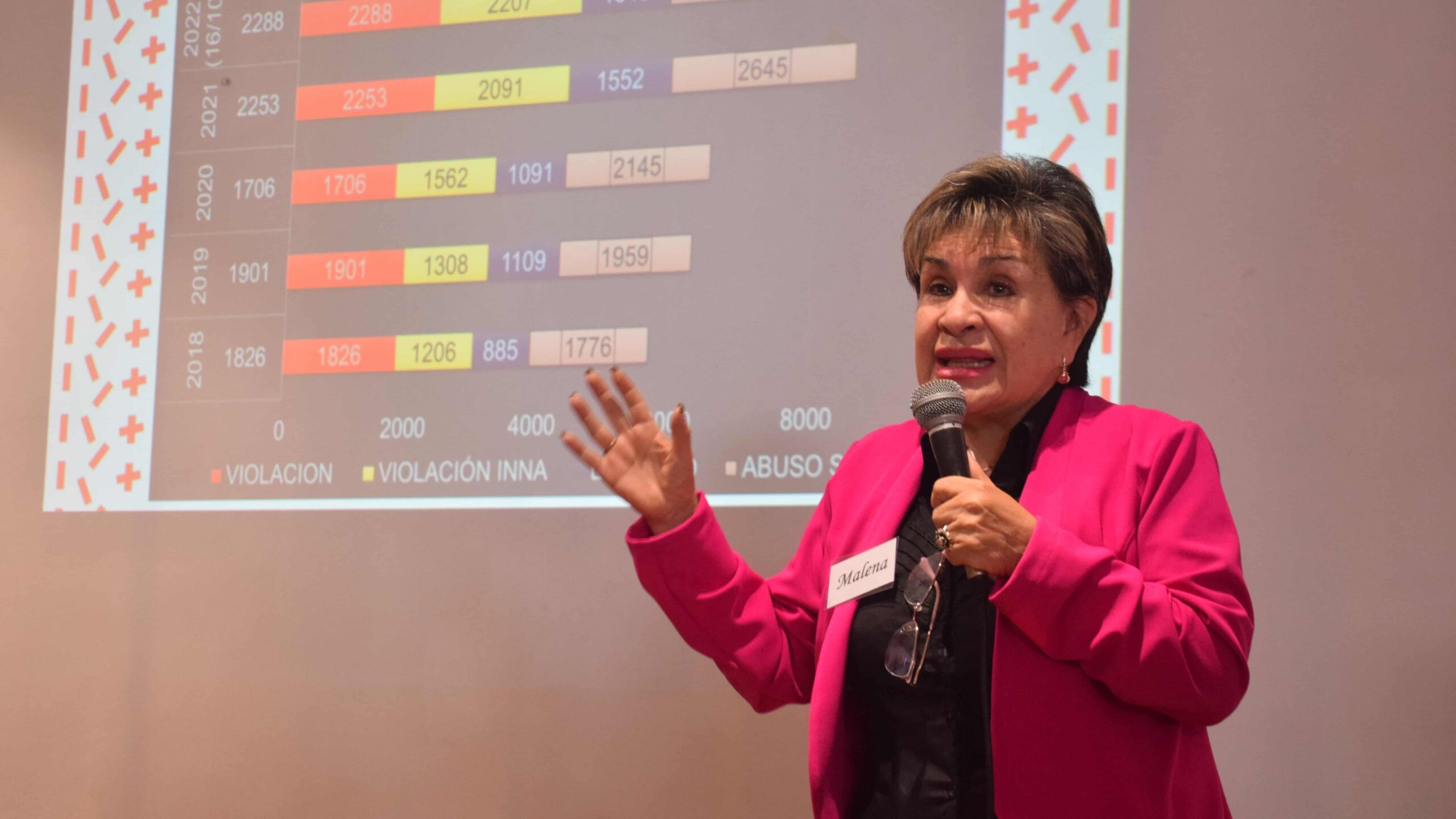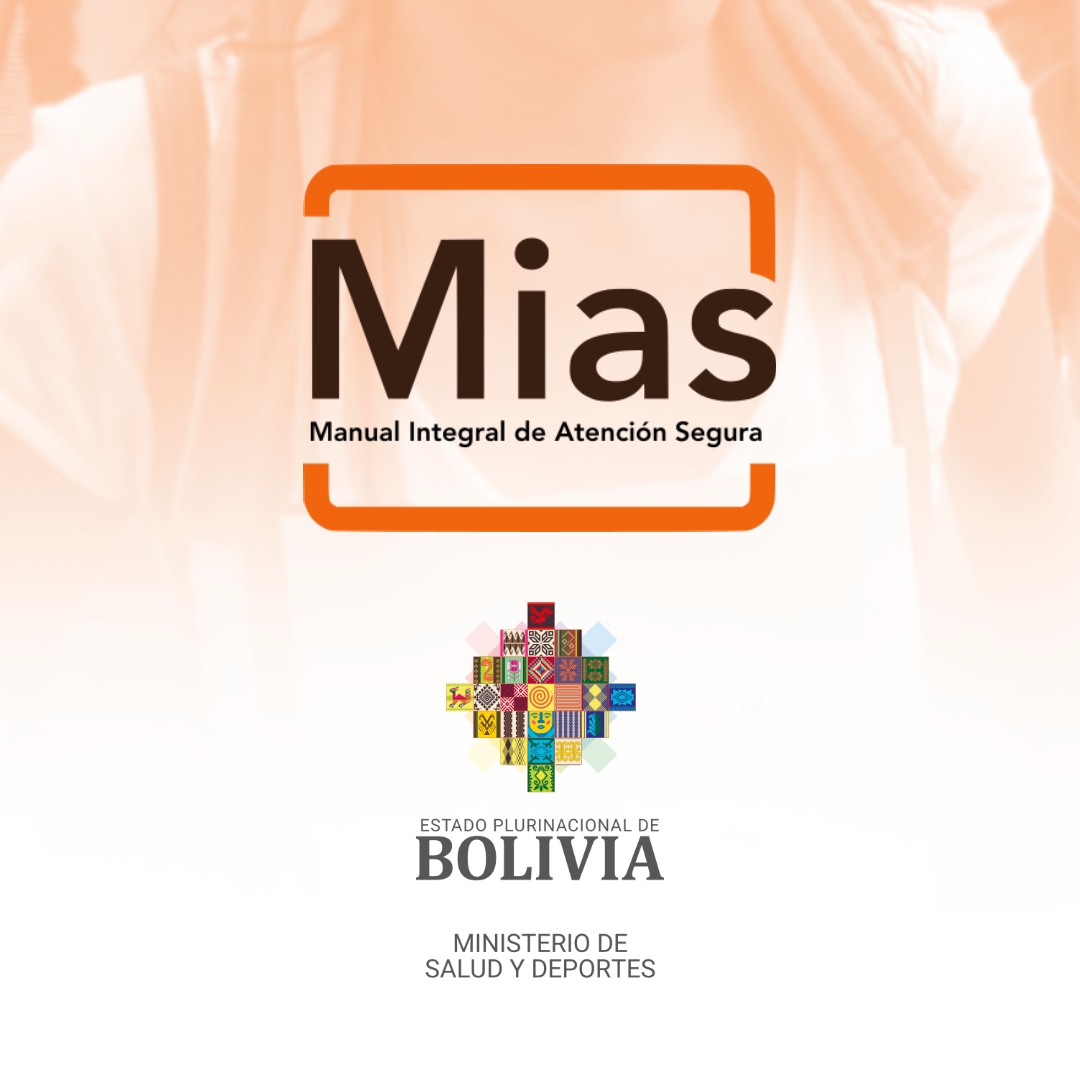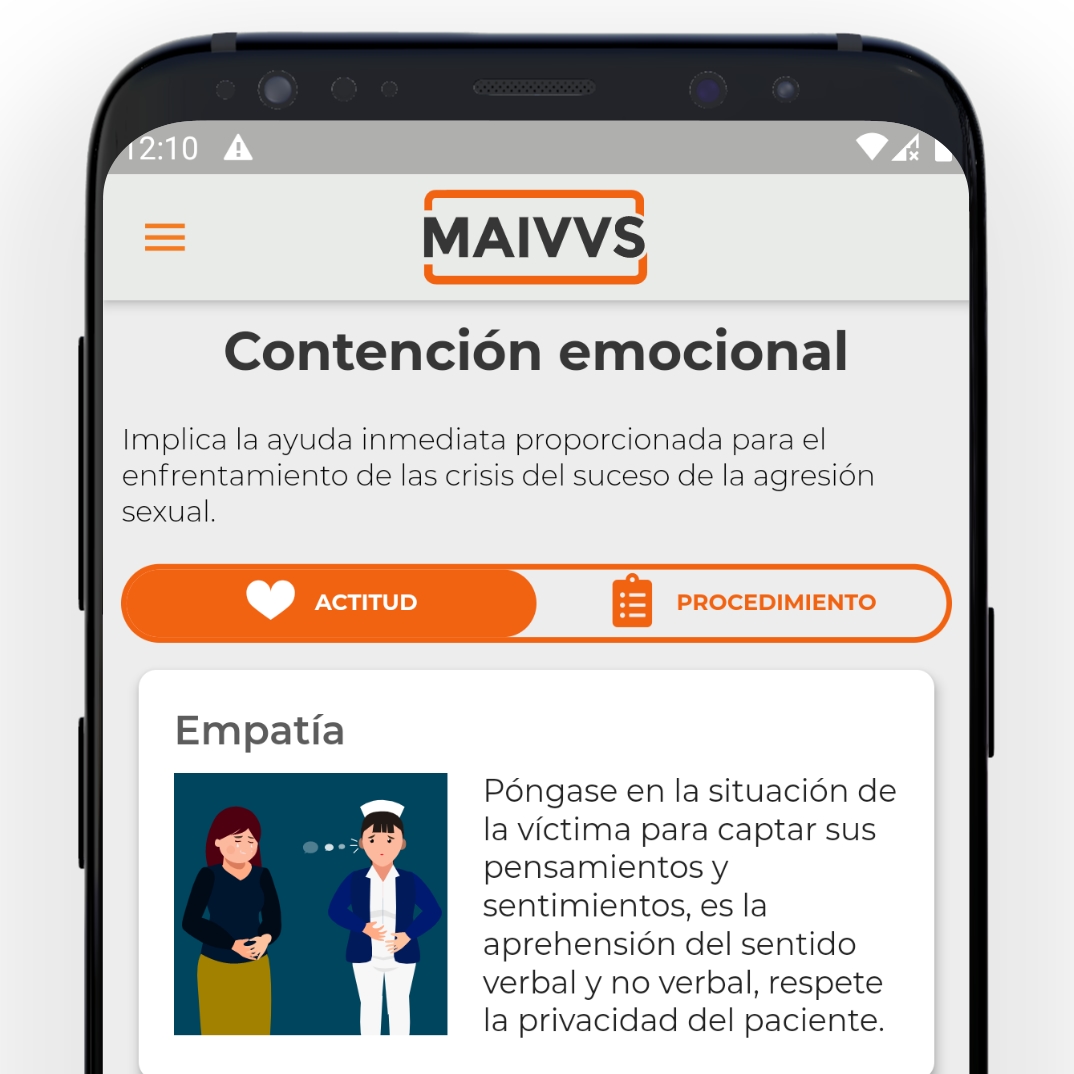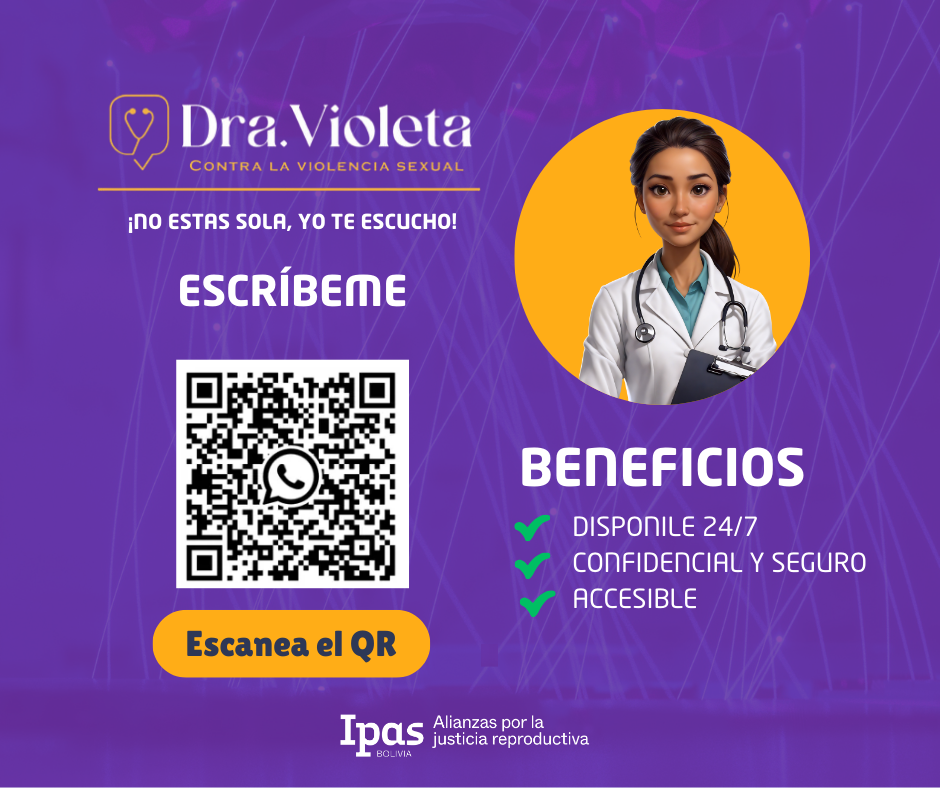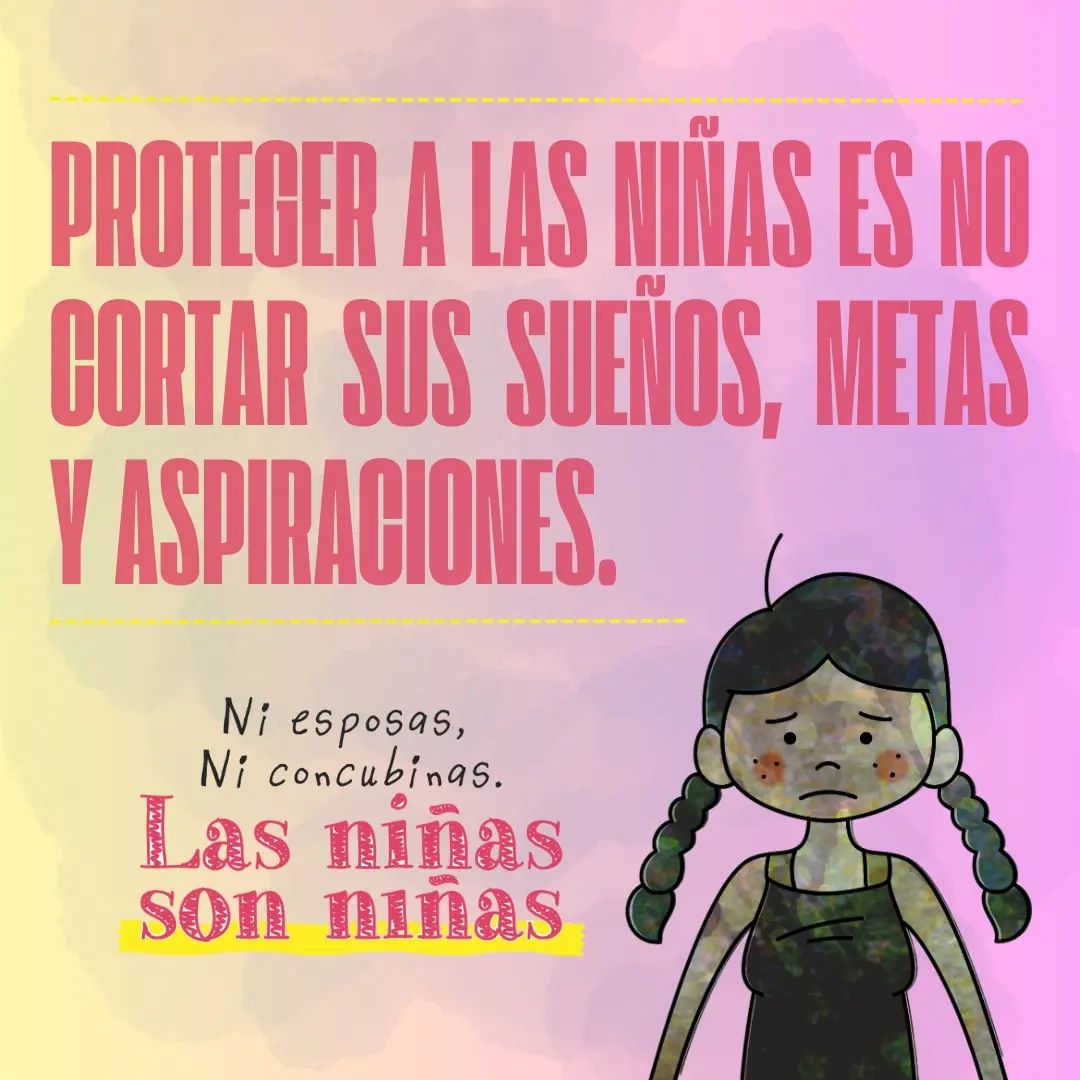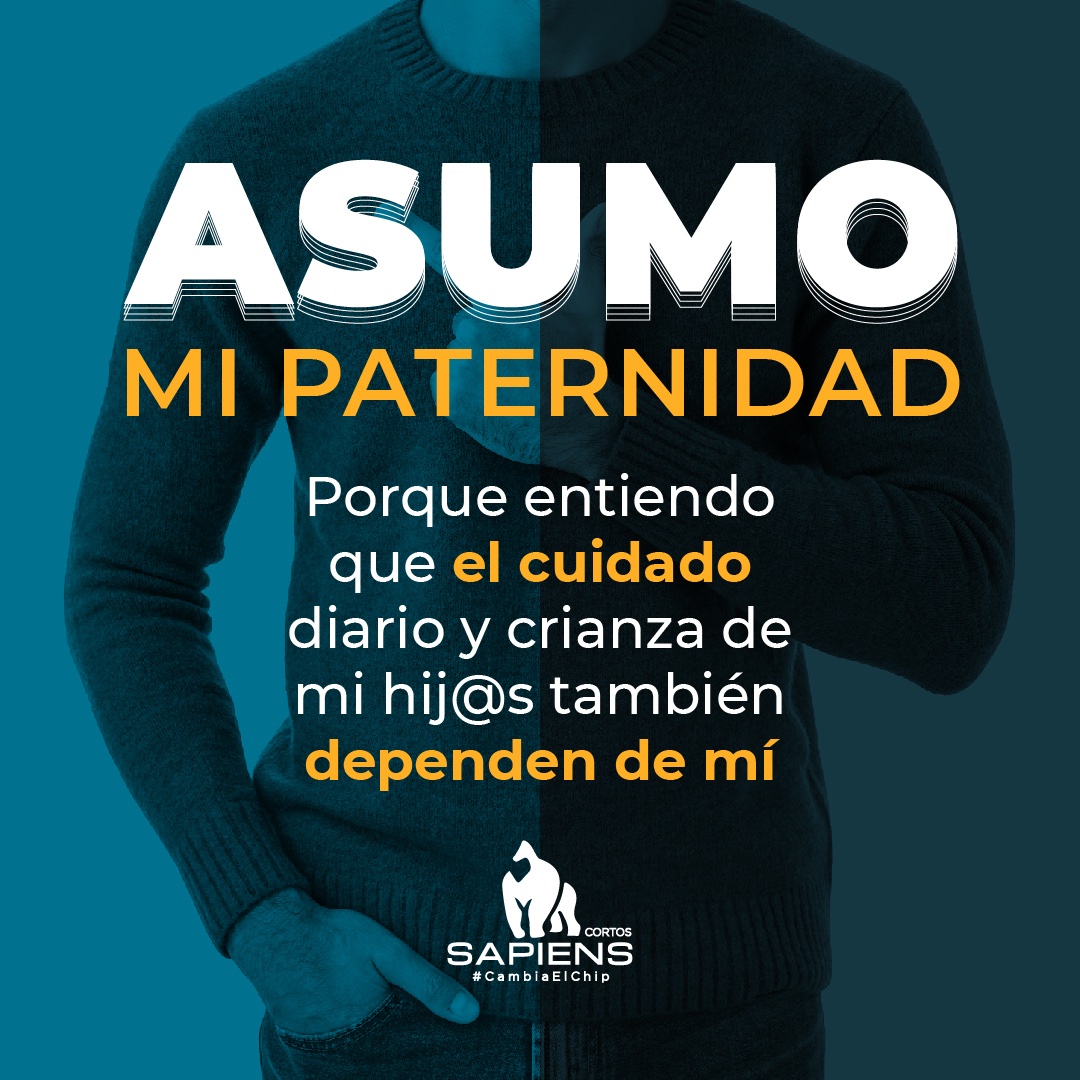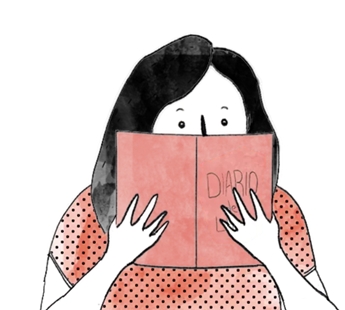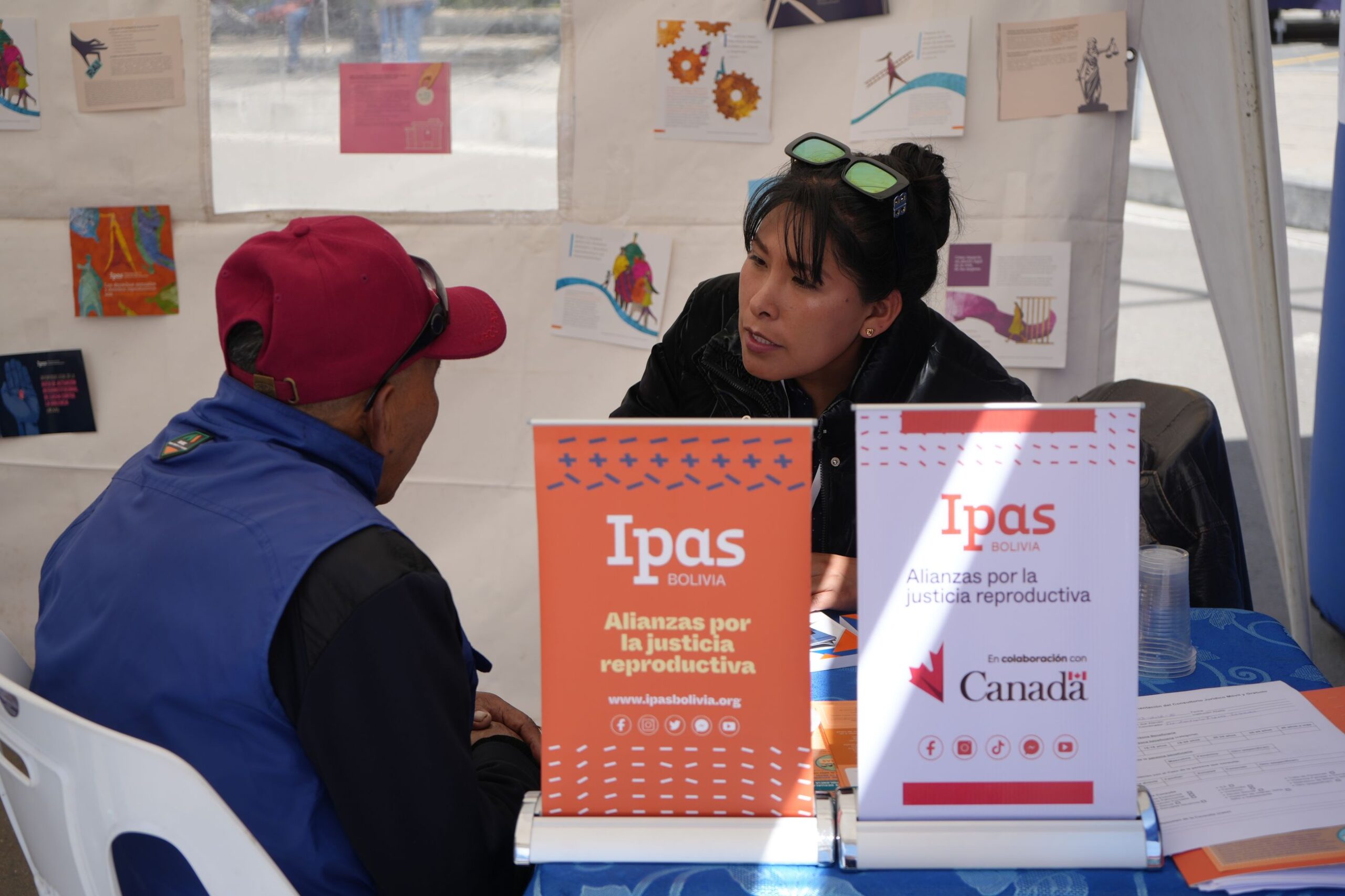In an effort to strengthen access to justice, Ipas Bolivia, with the support of the Canadian Embassy, is carrying out the Free Mobile Legal Clinics initiative, which has provided legal assistance to more than 153 people between October 2024 and March 2025. Through this initiative, 83 cases of gender-based violence were attended, 70 in general cases (civil, labor and family) while strengthening the training of 40 students and trainee lawyers from three universities, who acquired practical experience in handling cases with a focus on human rights and gender equity.

Access to justice continues to be a challenge for many people in Bolivia, especially for women, adolescents and girls in vulnerable situations. According to data from the Attorney General’s Office, 50,325 cases of gender violence were registered in 2024, including 3,737 complaints of sexual abuse, 3,140 of rape and 2,696 of rape of infants, children and adolescents. Lack of information, fear of retaliation and distrust of the judicial system prevent many victims from accessing mechanisms for reporting and legal protection.
Given this reality, Ipas Bolivia’s Free Mobile Legal Clinics “Alliances for Justice against Gender Violence” are an initiative that has represented an effective alternative to reduce barriers to access to justice. These spaces have made it possible to provide free advice in high traffic areas, providing information on rights, accompaniment in judicial processes and guidance for reporting cases of violence.
More than 6 days of attention were provided in different cities of Bolivia. Starting with El Alto, La Paz, in collaboration with law students from the Universidad Mayor de San Andrés(UMSA), and in Sacaba and Quillacollo, Cochabamba, with the participation of the Universidad Mayor de San Simón(UMSS) and the Universidad Nacional del Oriente (UNO) Subsede Yacuiba. In these spaces, the high demand showed the urgency of having accessible legal advice, especially for victims of gender violence.

“My ex-partner not only continues to harass me, but now he is also threatening my son. I am afraid for our safety, but I didn’t know what to do. At the clinic they explained to me my rights and how to request protective measures. Now I feel that I am not alone and that there are ways to defend us.” said a beneficiary who received legal advice through the Mobile Legal Clinic in El Alto, La Paz, who preferred to remain anonymous (23-year-old woman).
“They took very good care of me, they gave me directions to help me. It is a very good collaboration for those who need it. Sometimes there is no time or money, I think it is very helpful”. Responded an anonymous user in Sacaba – Cochabamba (older woman 58 years old).

“I have felt well oriented, they have helped me quite a bit to be able to guide me in what areas I can go now, many times we don’t know how to act where to go where to go and it is recommended to educate more people. Ask about custody of my children. Responded by an anonymous user in Sacaba – Cochabamba (female 20 years old).
In addition to the impact on the communities served, the program has been an opportunity for the training of future legal professionals. Through direct practice in these clinics, the students have developed skills in gender-sensitive attention, sensitivity to victims and management of legal processes, which will contribute to a generation of lawyers better prepared to address the problems of violence and inequality in the country.

Given the success of the program and the need for continuity, Ipas Bolivia plans to continue working with the same municipalities and universities. In addition, partnerships will be strengthened with more higher education institutions and coordination with health centers and educational units will be promoted in order to reinforce the prevention of gender-based violence.
“With the objective of implementing prevention policies, which has been designed by the People’s Legal Clinic in coordination with the Ipas Foundation and the Government of Canada, it is a very important and praiseworthy objective to carry out this type of activities that serve to disseminate violence prevention programs to vulnerable populations such as children, women and the elderly. Our objective is to reach this population and provide them with quality service, legal advice and why not give them support so that they can carry out legal acts to stop violence. The population of Sacaba has high levels of violence against children and women, so our goal is to try to do something for this population that needs protection”.said William Felix Rollo Morales, professor of the Political Science Faculty of the UMSS.

Thanks to the support of Global Affairs Canada (GAC), the Mobile Legal Clinics seek to consolidate themselves as a sustainable and replicable model that guarantees access to justice and the protection of rights in Bolivia. The initiative has not only provided direct support to hundreds of people, but has also laid the groundwork for greater awareness of the importance of legal assistance in cases of violence, contributing to the construction of a more just and equitable society.

